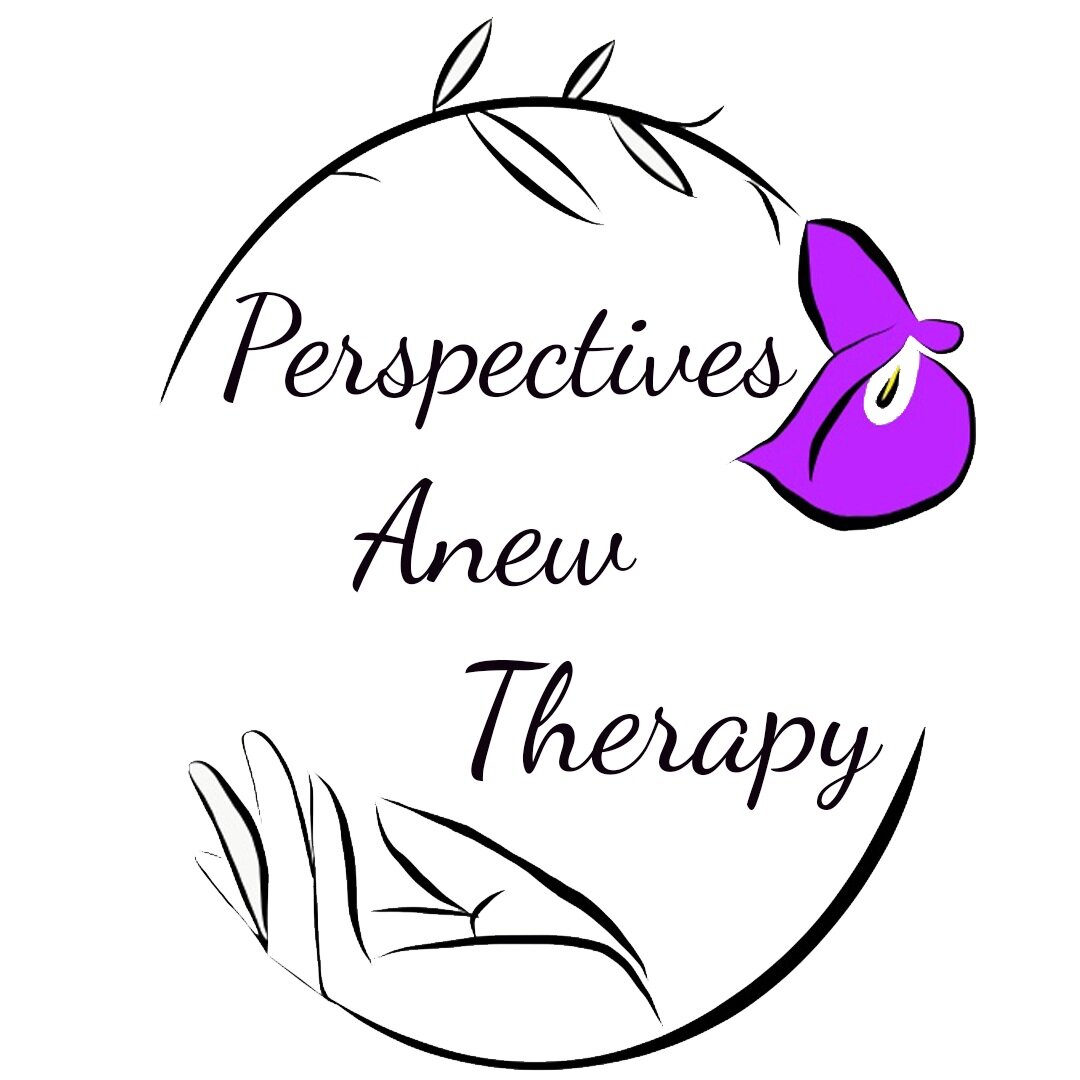Mental Health in Black Communities
Due to barriers surrounding mental health services and care, Black and African Americans report experiencing bias rooted in historical, structural, systemic racism, and discrimination. There are mental health stigmas that obstruct Black and African Americans from seeking help as well as a distrust of the healthcare system. Reasons for this include negative encounters with providers and professionals, a provider shortage due a lack of diverse racial and ethnic backgrounds, and a lack of culturally competent providers that understand cultural, social, and language needs.
In 2010, 13.4% of the United States population identified as Black or African American and over 16% reported having a mental illness which is more than seven million people. Historically, Black and African Americans have experiences in America that are characterized by trauma and violence more often than White individuals which impacts emotional and mental health of youth and adults. Racism at the structural, institutional, and individual level continues to create disparities in addition to police brutality and political rhetoric that increase the complexity to manage. In 2018, it was reported that more than 1 in 5 Black and African American people lived in poverty and we know that socioeconomic status is linked to mental health. Meaning, people living in poverty, who are homeless, who are incarcerated, or who live with a substance use problem are at a higher risk for mental health problems.
A major issue in the United States that continues to be ignored is the fact that Black women are three to four times more likely to die from a pregnancy-related death with research indicating that quality healthcare is vital in improving outcomes for racial and ethnic minority women. The rate of deaths, specifically when compared to White women, is not unfamiliar globally due to countries with histories of slavery and forced migration showing disparities in health outcomes centered around social determinants such as race and ethnicity. One study alone found that 60% of hyper-tension related maternal deaths were preventable, however recommended care continues to be ignored.
To understand the impact of multigenerational oppression, discrimination, and racism forced upon African American communities, it is important to understand Post Traumatic Slave Syndrome, or PTSS. PTSS is a theory developed by Dr.DeGruy based on twelve years of research that explains the etiology of adaptive survival behaviors in African American communities. The syndrome is the result of multigenerational oppression of Africans and their descendants from centuries of slavery. Slavery was then followed by institutionalized racism, resulting in M.A.P: Multigenerational trauma together with continued oppression, Absence of opportunity to heal or access benefits in society leading to, Post Traumatic Slave Syndrome. The three key patterns of PTSS are vacant esteem, marked propensity for anger and violence, and racist socialization/internalized racism. Vacant esteem is characterized by feelings of hopelessness, depression, and a self-destructive outlook. Marked propensity for anger and violence causes extreme feelings of suspicion viewed as negative motivations of others. Racist socialization/internalized racism can be defined as learned helplessness, distorted self-concept, or antipathy for members of one's own cultural or ethnic group, the customs associated with one's heritage, and physical characteristics of one’s own cultural or ethnic group.
Source: Dr. Joy DeGruy, Mental Health America, McLean Hospital, SAMHSA
